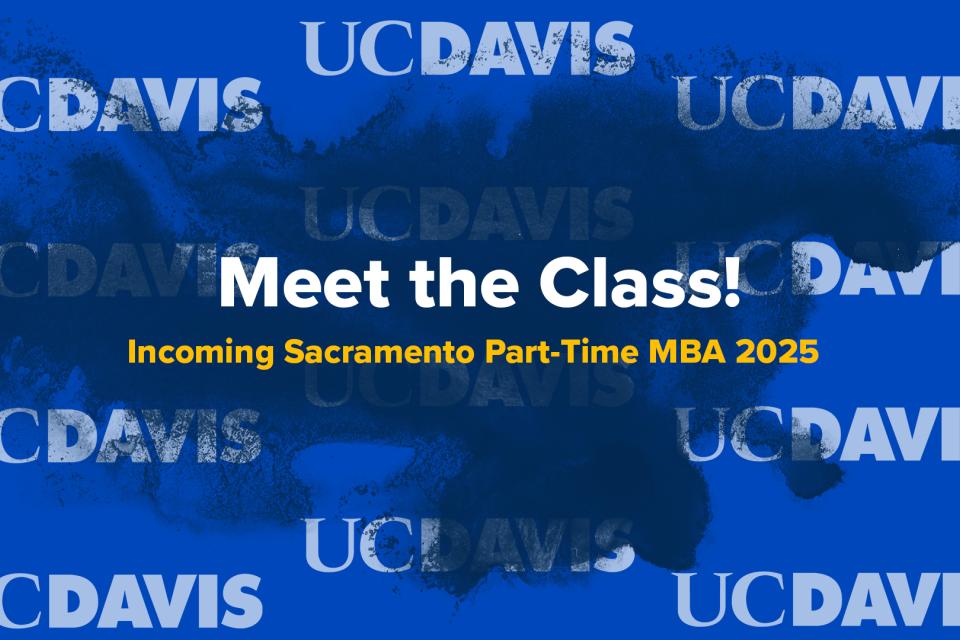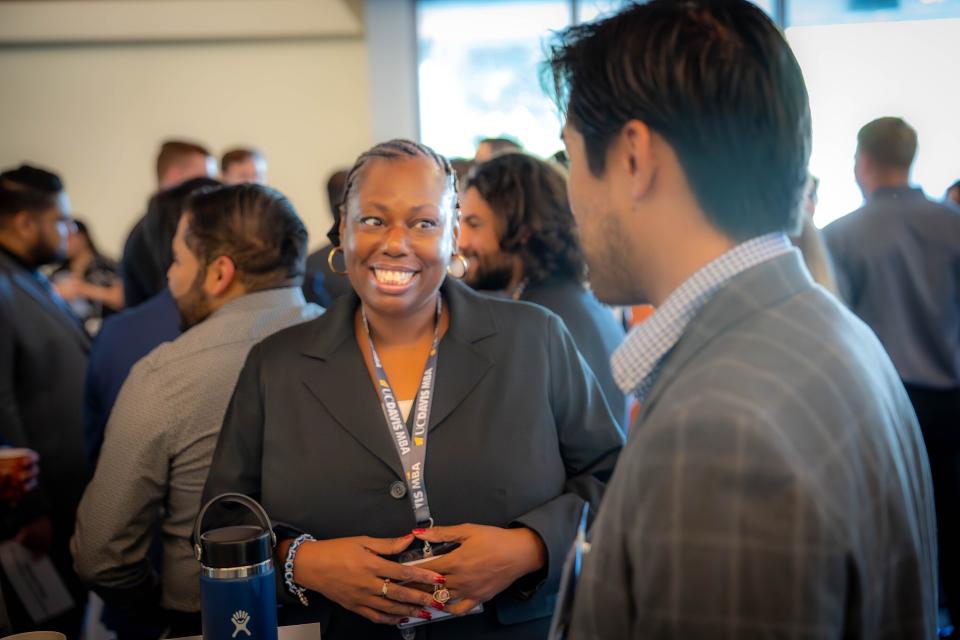Bridging Military Service and Google Strategy Through an MBA
Air Force veteran shares MBA and Google time-management tips
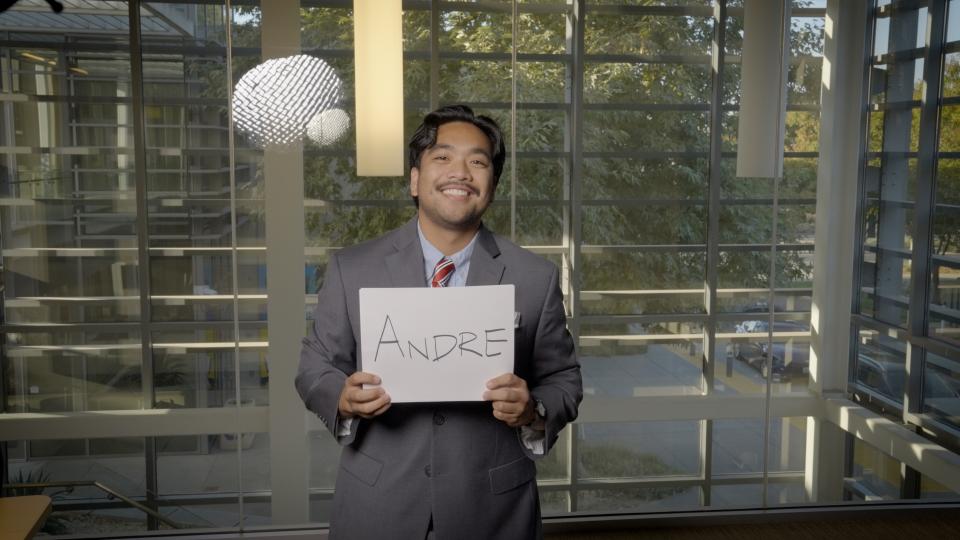
When I first enlisted in the United States Air Force, I had no career focus—I was simply looking for a start. In other words, I didn’t know what I wanted to be when I grew up.
My roles in the military were incredibly diverse, from turning wrenches on aircraft and managing airfields to building rapport with international partners and managing my organization’s budget, but in every capacity, I was drawn to processes that needed an upgrade.
For example, I noticed a constant bottleneck in the traffic flow of airfield maintenance vehicles. This wasn't a quick fix; it was a systemic problem affecting our shift changeover and ultimately our readiness.
I initiated a Kaizen event and applied the DMAIC (Define, Measure, Analyze, Improve, Control) framework to map the entire traffic flow. This led to the proposal and implementation of a new entry control point, effectively optimizing maintenance logistics. This improvement cut transit hours by 1,156 annually and most importantly got our mechanics off shift at the right time.
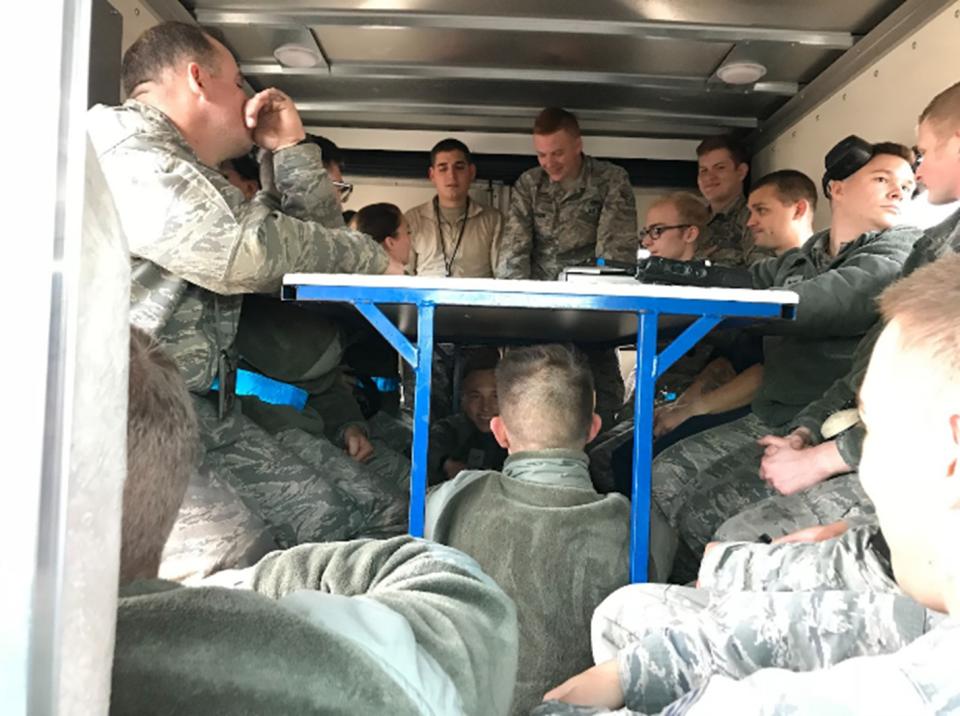
That success pushed me to formally study quality control, balancing full-time work with an online business quality management degree and becoming a certified quality engineer.
I'm now pursuing a Sacramento Part-Time MBA to advance my expertise beyond tactical execution to strategic leadership. I want to champion the ideas of those on the ground and make the decisions that empower my people to fix the problems they see.
Why UC Davis?
Simple: I've always felt a magnetic pull toward the campus.
For years, driving to and from work, I'd observe the spirit of the Aggie community and think, "I wonder what it's like to be one of them."
Whether it’s the energy of Picnic Day or the renowned bike-friendly culture, Davis has always been the ultimate college town.
Now with the privilege of the G.I. Bill, I have the chance to see for myself what it's like to enroll at UC Davis. With the MBA program also being STEM-designated, it became a no-brainer to become an Aggie.
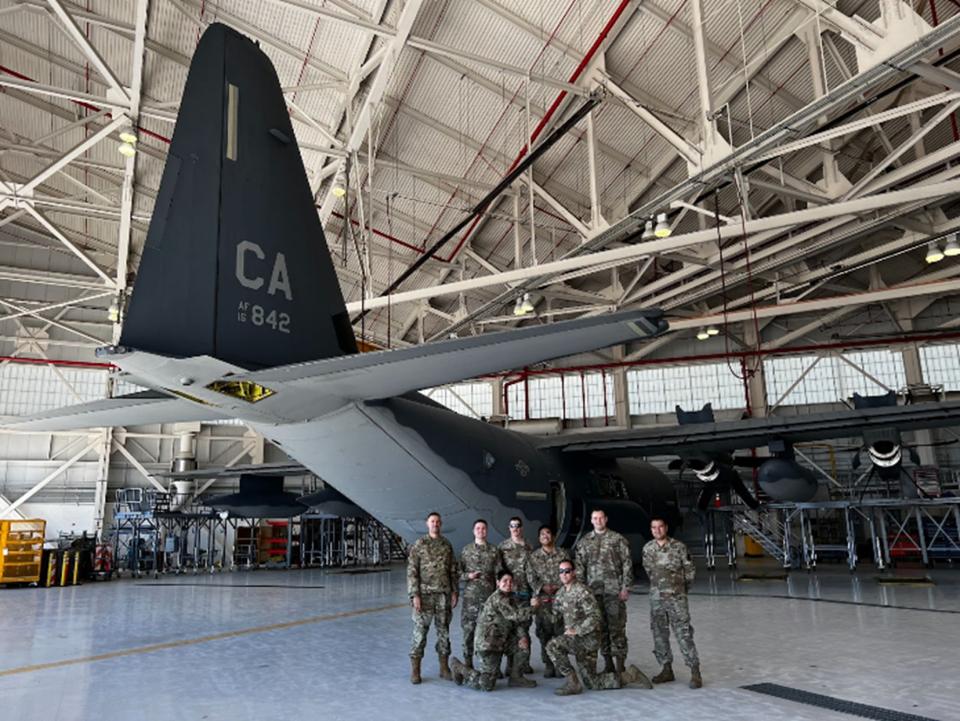
Bridging the Air Force to AdTech Business Development
My service afforded me to hone so many skills like process optimization, leadership and working in diverse cross-functional teams. While these abilities directly translate to the tech field, moving from a rigid military structure to the ambiguous corporate landscape requires more than just a mindset shift. It demands a new strategic toolkit.
The Sacramento Part-Time MBA program has been a crucial bridge for my transition from the military. It's not just about filling knowledge gaps; it's about building my formal business acumen and applying these lessons at the strategic level in ad tech business development.
As a senior associate in strategic partner development at Google, I will be focusing on things like analyzing large data sets, negotiating with ad stakeholders, reviewing term sheets and closing contracts. I think classes like Negotiations in Organizations and Data Analysis for Managers will help compliment my current role.
How I Balance a New Google Role With a Part-Time MBA
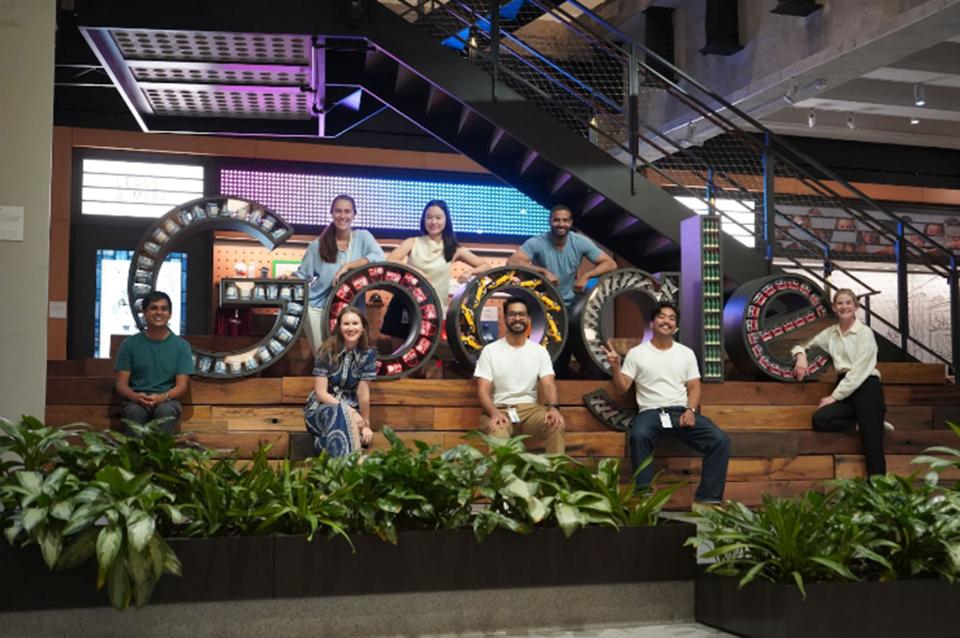
Juggling my new role at Google and an MBA program is certainly going to be difficult, but it’s a pace I’m prepared for. In my experience, balancing a full-time military career with my undergrad taught me that I shouldn’t just work harder but instead, work smarter.
My plan to manage my time relies on three primary tools:
First, Google Calendar for a comprehensive, color-coded view of my life, which includes blocking out non-negotiable "deep work" and "focus time" for both my job and my studies. Blocking out these times sets boundaries and reinforces a “battle rhythm” for my day.
Second, I rely on the Pomodoro Technique to ensure my study blocks are intentional and prevent burnout from long hours. I personally like going on YouTube and using the 50-minute work/10-minute rest videos.
Finally is my daily to-do list. I see it as my ultimate North Star. While the calendar organizes my day, the list dives into the specific work streams I need to tackle, both personally and professionally. I never expect to finish the entire thing, but the goal is progress: as long as I’m making a concentrated effort toward those key tasks, I can’t go wrong.
